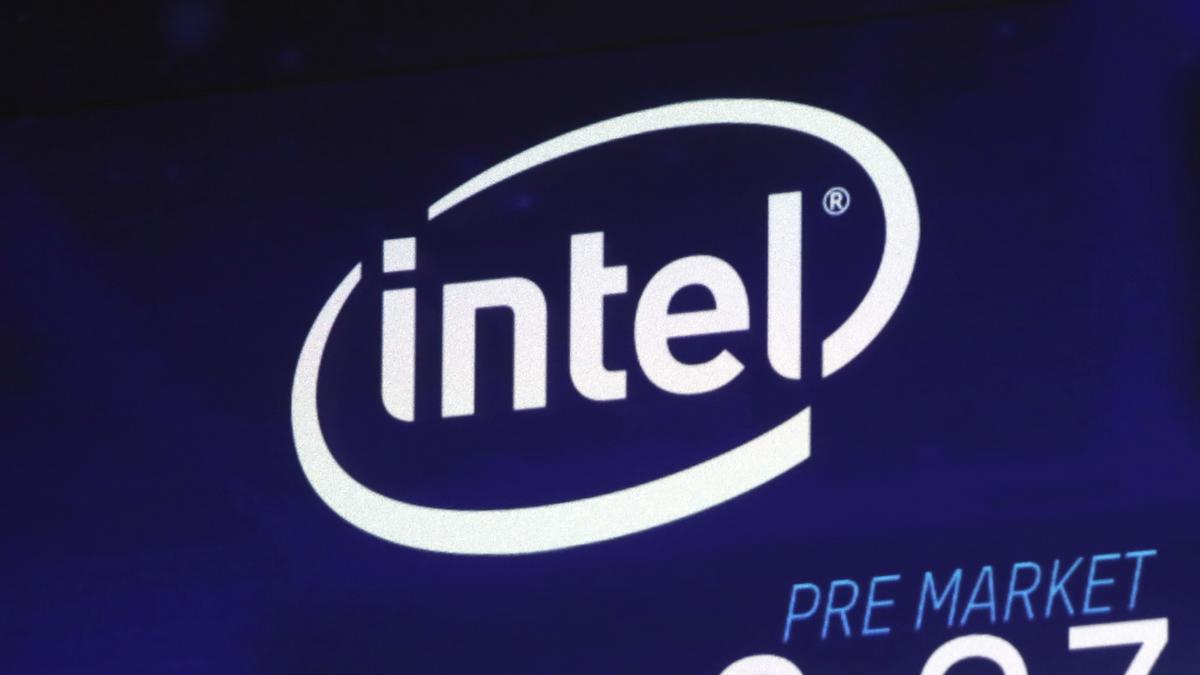
Intel unveils next-gen AI chipsets
The Hindu
Intel unveiled a comprehensive portfolio of AI products designed for diverse applications across the data centre, cloud, network, edge, and PC.
Intel held its “AI Everywhere” launch in New York City on Thursday, where the company unveiled a comprehensive portfolio of AI products designed for diverse applications across the data centre, cloud, network, edge, and PC.
The Intel Core Ultra mobile processor family, built on the Intel 4 process technology, signifies a substantial architectural shift after 40 years. With the inclusion of a neural processing unit (NPU), it sets a new standard for power-efficient AI acceleration, boasting 2.5 times better power efficiency than its predecessor.
Simultaneously, the 5th Gen Intel Xeon processor family introduces AI acceleration in every core, promising a substantial leap in AI and overall performance while lowering the total cost of ownership by up to 77% for customers following a typical five-year refresh cycle.
Intel CEO Pat Gelsinger emphasised the company’s commitment to integrating AI seamlessly into various applications, both in the cloud and locally at the PC and edge. The AI footprint showcased during the event spans from cloud and enterprise servers to networks, volume clients, and ubiquitous edge environments.
(For top technology news of the day, subscribe to our tech newsletter Today’s Cache)
The introduction of Intel Gaudi3 AI accelerator, scheduled for the next year, further solidifies Intel’s position in the AI market. Gaudi3 aims to enhance deep learning and large-scale generative AI models, aligning with Intel’s strategy to capture a larger share of the accelerator market in 2024.
Intel Core Ultra-based AI PCs are already available with select U.S. retailers for the holiday season. Over the next year, Intel Core Ultra aims to feature in more than 230 designs worldwide, projecting that AI PCs will constitute 80% of the PC market by 2028.













